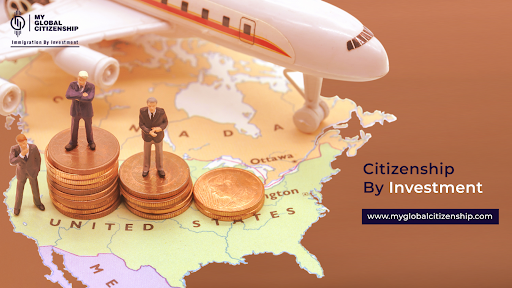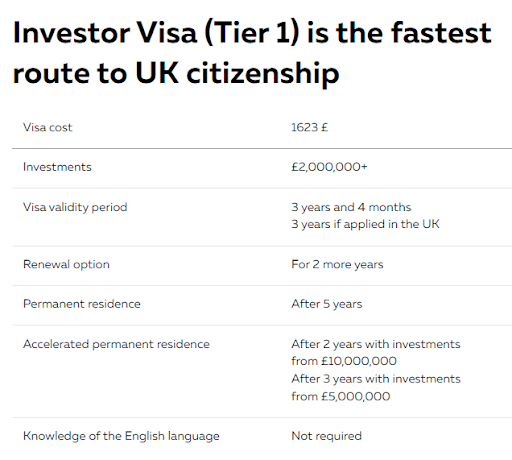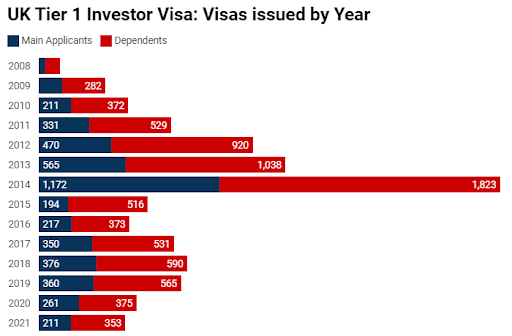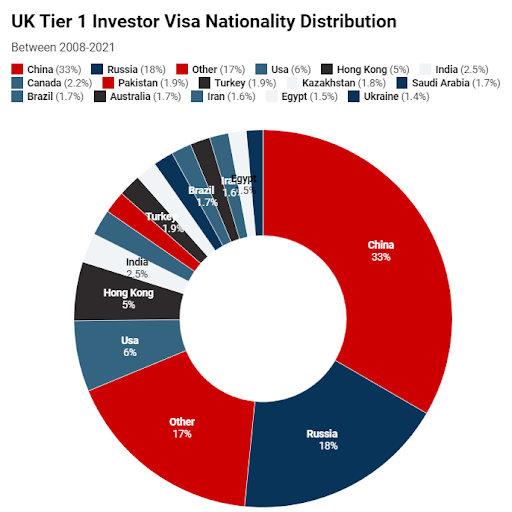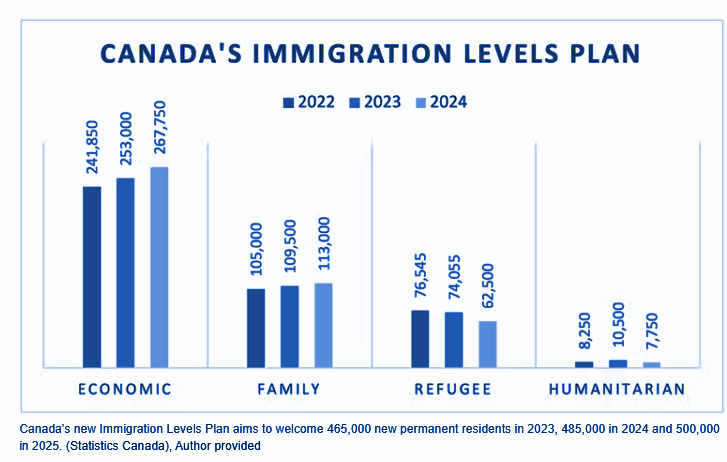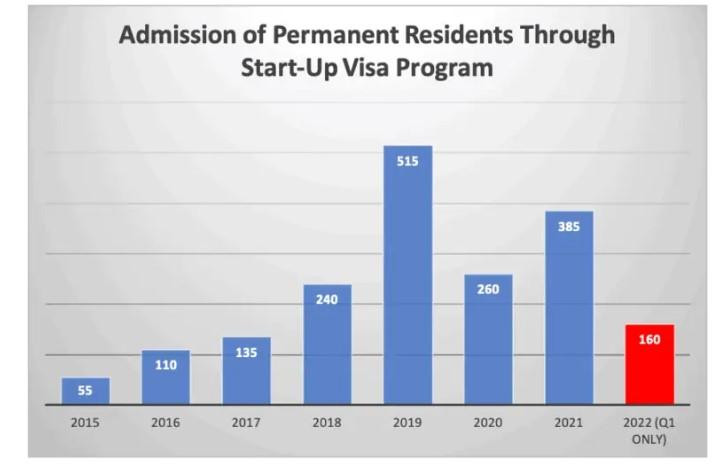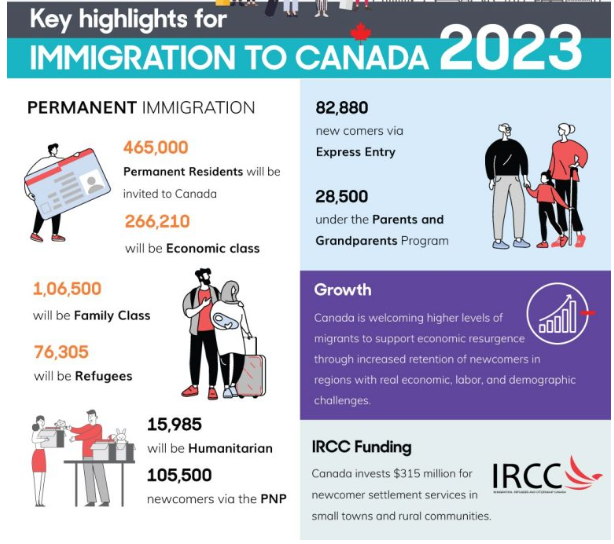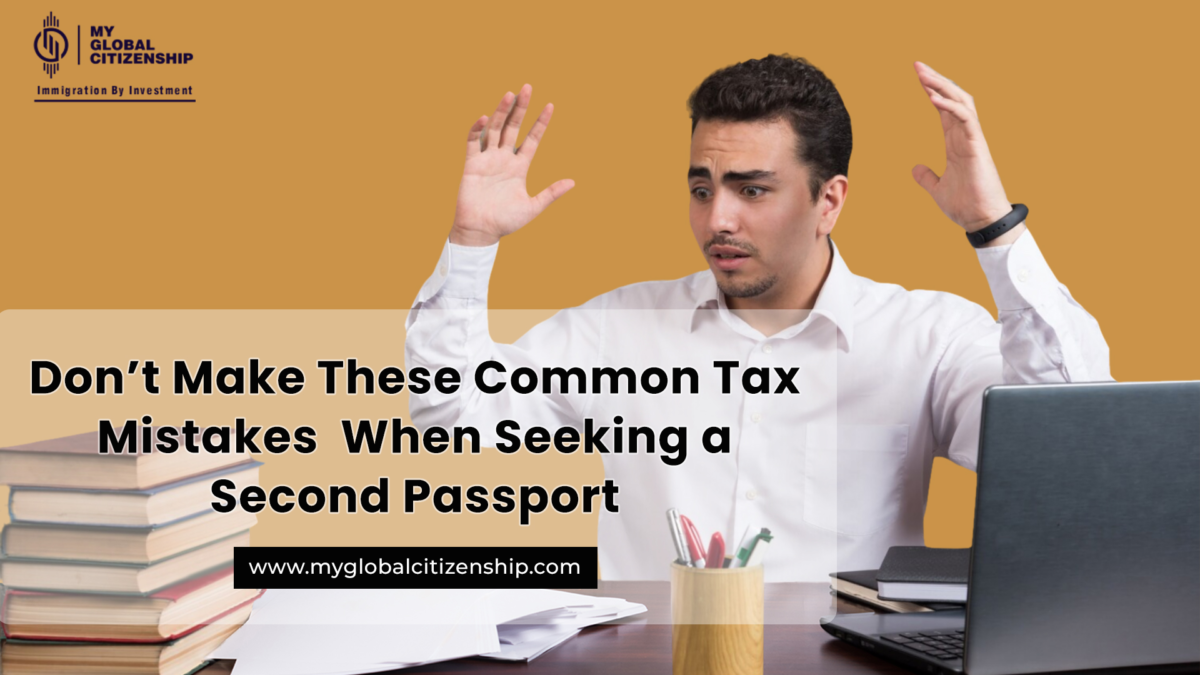Citizenship by investment program was first launched on the Caribbean island in the 1980s. Now it’s quite famous among investors worldwide. According to the 2019 EU report over 131,000 people obtained residency and citizenship through this program between 2011 and 2019. Countries like Spain, Greece, Cyprus, and Malta brought around €21.4 billion in revenue.
There are several ways to get citizenship and residency for investors in a country, but people get confused between residency and citizenship. It is a big decision choosing between residency vs citizenship because it’ll affect things like place to live, how much tax you pay, and what benefits you’ll get. Must explore options and understand the distinctions between residency and citizenship to make well-informed decisions.
There are key similarities between Residency and Citizenship but also there is a huge difference between Residency and Citizenship that affects both your and your family’s life.
For your better understanding in this article, we will discuss what Residency and citizenship are and the difference between them.
What is Citizenship?
Citizenship is a legal identity of citizens and a relation between individual and countries that entail specific rights and privileges within the country. Citizenship used as a synonym of nationality. There are many ways to obtain Citizenship like birth, naturalization, registration, or legal processes.
Nations grant certain rights with responsibilities to the individual that have to perform such as obeying the law, paying taxes, and serving in the military. Overall, through Citizenship by investment a person grants membership and allegiance in a political community and access to both rights and duties that are essential to a functioning society.
What is Residency?
Residency for investors gives a particular person access to the right to stay in a specific country for a certain period. The residency for investors has two types: permanent residency and other is temporary residency. In permanent residency, individuals can perform equal rights as citizens. Permanent residency means “green card holder” who is recognized as a legal and permanent resident of the country and can enjoy long-term stability and security.
Temporary residence permits have limitations, in temporary residency individuals get a short time to stay in a country. Temporary residence for investors can also refer to a specific immigration status granted by countries to individuals who are allowed to stay for a defined period, typically for reasons such as work, study, or family reunification, but not with the intent to settle permanently.
Key differences between Residency and Citizenship
Here are the key differences between Residency and Citizenship:
Residency:
Legal Status: A residency by investment grants you the right to stay in a particular country for a specific period. There are specific rules that must be followed while living in the country.
Benefits: Residency for investors gives them the right to live, education, work, and other social rights as permitted by the residency terms.
Flexibility: Residency status can provide flexibility when it comes to relocating between countries, as individuals may not be subjected to the same tax obligations or mandatory military service requirements as citizens.
Path to Citizenship: Some residency by investment programs allow getting citizenship if you feel after some time to settle permanently in that country.
Legal Protections: Residency for investors provides legal protections to individuals under the host country’s laws, including protection against arbitrary expulsion or deportation, and access to legal recourse in case of disputes.
Citizenship:
Legal Status: Citizenship by investment helps you to obtain permanent access to the right to live, work, education, and other social rights. It also gives full privilege to participate in political matters in the country. Alongside this status typically comes the issuance of a passport from that country, providing further proof of citizenship for investors and facilitating international travel.
Rights and Responsibilities: Citizenship by investment grants individuals full rights to participate in the political process, including voting in elections and running for public office. It also gives the privilege of working in the government sector of the country. Besides this, individuals have to follow government policies, rules, and regulations of the country.
Security: Citizenship by investment provides a higher level of security against deportation and protects individuals from sudden changes in immigration laws that could affect their residency status. This status ensures stability and continuity in residency rights, reducing the risk of being forced to leave the country due to shifts in policies or regulations.
Global Mobility: Citizenship for investors allows possessing a passport that enhances global mobility by providing its holders visa-free or visa-on-arrival to numerous other countries. This expands the person’s personal and professional growth on a global scale.
Legal Protections: Countries offering Citizenship by Investment provide legal protection to the individual under the host of the country’s laws, including protection against arbitrary arrest or detention. Also get protections against discrimination based on race, ethnicity, religion, gender, or other factors, ensuring that individuals can live and work free from unjust treatment or prejudice.
Conclusion:
When you’re deciding between residency by investment and citizenship by investment, examine your long-term goals and short-term goals, then take action accordingly. If you’re considering immediate employment or study opportunities in a foreign country, countries offering residency by investment will suit your goals and meet your needs.
On the other hand, if you have long-term goals like establishing a business and stability for your family abroad, citizenship may be preferable. Citizenship provides permanent residency rights, protecting you against changes in immigration laws and offering greater security against deportation. This gives you full access to participate in civic life, such as the right to vote, run for public office, employment in the government sector, and access to certain social benefits. Ultimately, the choice between residency and citizenship hinges on your circumstances, career aspirations, family situation, and long-term plans for living and working abroad.
If you’re looking for more details and professional counsel, My Global Citizenship is a specialized consultancy that helps people who are looking for the best path to citizenship and residency through investment issues. We provide thorough counsel catered to your individual needs, whether you’re negotiating complicated immigration regulations, thinking about international relocation alternatives, or preparing for long-term settlement and business opportunities overseas.



